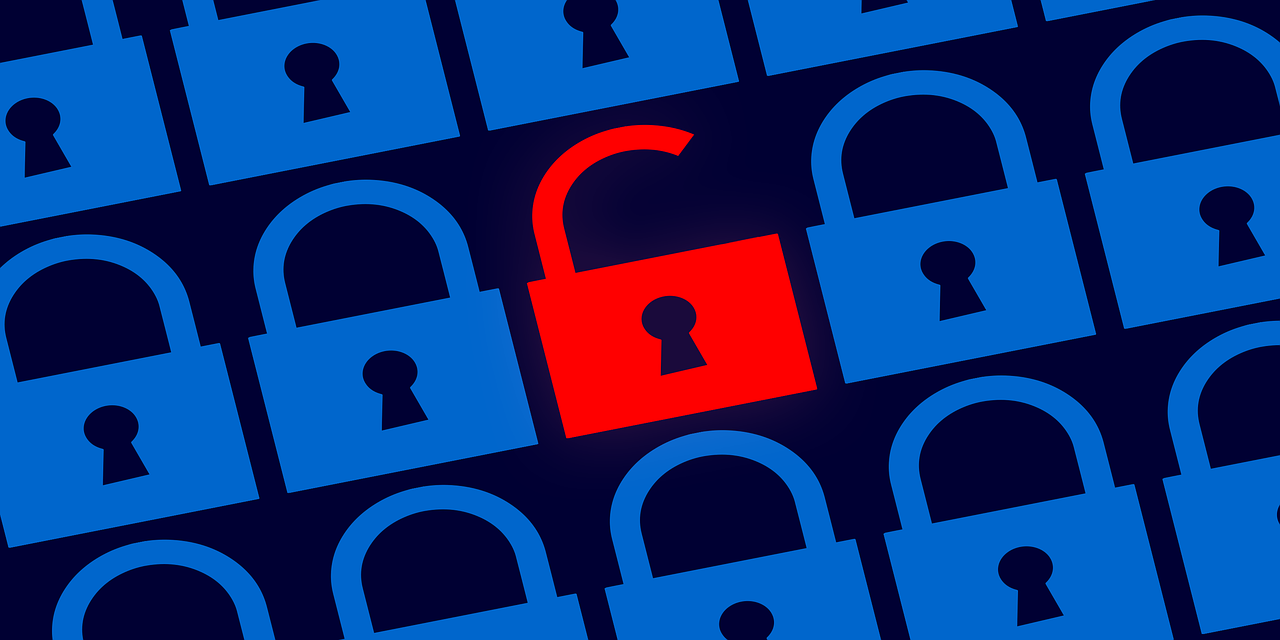Almost a year ago, I wrote the following article for my friends. I’d like to share it with you.
Learning how to protect your online passwords is an important skill for your digital life.
In the last six months, I’ve received two urgent e-mails from friends who, while travelling Europe, have lost all of their belongings and needed me to send them money. Strangely enough, I’d seen both of them the week before and neither had mentioned going away. In the same six-month period, I received notices from four more friends letting me know that their e-mail accounts had been hacked because their passwords were stolen. The e-mails from Europe were, of course, from hacked accounts. Learning how to protect your online passwords is an important skill for your digital life.
In most cases, people willingly hand over their passwords. They open e-mail that states that Hotmail, Yahoo! or Google are closing down all accounts. The e-mail then states that to keep access, enter your account password. A few days later the account gets hacked. ONCE AGAIN, HOTMAIL, YAHOO!, GOOGLE, ARE NOT CLOSING DOWN!! Do not answer e-mail that tells you such nonsense. DO NOT BE GULLIBLE!
How bad can having a hacked e-mail account be? The hacker uses the e-mail account to steal all the money that the victim has in the bank. How? First, they instruct the bank via e-mail to reset the password for the bank account. That gives the hacker control. The hacker then simply transfers money out of the victim’s account.
As a major advocate of automating your finances and using online services to pay your bills, transfer money, etc., I also advocate creating and using strong passwords. A strong password has at least 8 characters that mix upper and lowercase letters with numbers and other symbols on the keyboard. You should definitely not use the same password across multiple sites.
For instance, if your Twitter, bank and e-mail accounts all have the same password you are asking for trouble. Of course remembering multiple passwords and changing them at least once a year is a major hassle. The only thing more annoying than losing an online account to a hacker is losing one because you can’t remember the password.
Here is the method that I used to protect my passwords that I learned on Slate.com
Password Creation
Try to think of important events that have happened during your lifetime. , Weddings, hobbies, interests, new jobs, favourite sports can be turned into passwords. Here is an example:

Unlocked – free from Pixabay
Since the age of 12 I’ve loved playing Soccer
By using the first letter of each word, I can create a new password.
Stao12IlpS
e.g. 2: I have two brothers, Tom and John over 40
Ih2bTaJo40.
Using this method, we can create a large combination of passwords. You can even use the second or third letter in each word if you need to change a password while keeping its original sentence.
What makes this technique so useful is that you can hide your original sentences in plain sight, such as a Microsoft Word file at work.
Tools
There are several tools that help to create and save passwords. I use LastPass. This software was free but now there is an annual subscription fee. It is compatible with several internet browsers such as Explorer, Firefox and Google Chrome. You can install it on the computers you use most often or visit their website. Once you create an account, it allows you to access all of your passwords for various sites. You will need to create a strong master password first.
How to get a strong master password?
Use a serial number. Keyboards, phones, laptops all have multi-digit serials, which can be used as passwords. The chance that someone will guess or crack the code is extremely small.
To increase your online security stop using Windows Internet Explorer use either FireFox or , Google Chrome.
Good luck and keep your passwords safe.

Speak Your Mind